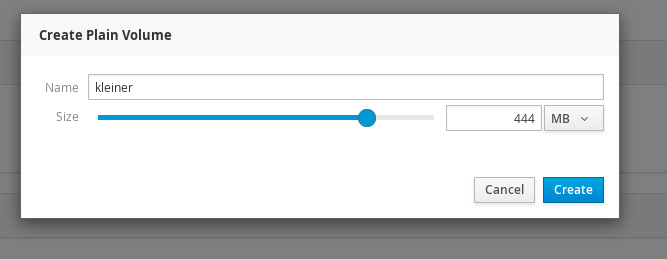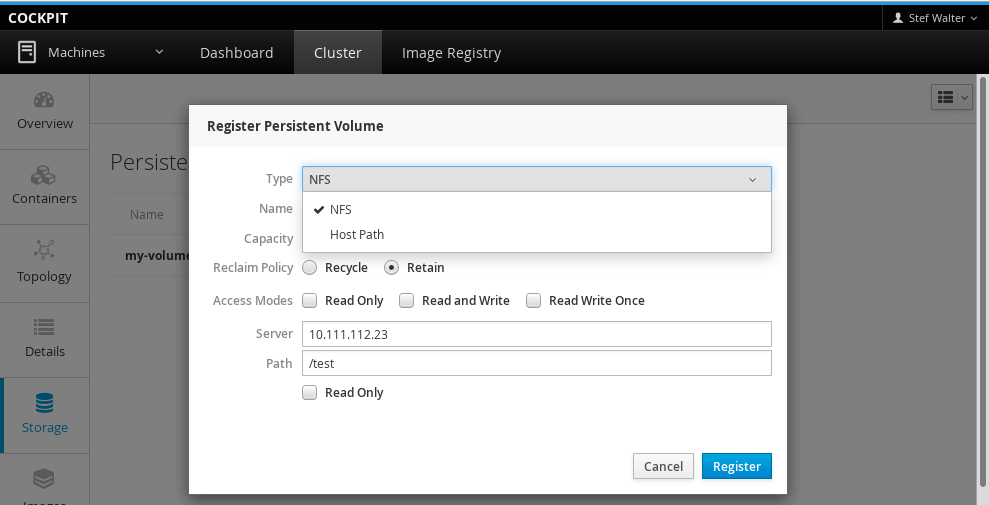An updated version of CentOS Atomic Host (version 7.20160404) is now available for download, featuring significant updates to Docker (1.9.1) and to the atomic run tool.
CentOS Atomic Host is a lean operating system designed to run Docker containers, built from standard CentOS 7 RPMs, and tracking the component versions included in Red Hat Enterprise Linux Atomic Host.
Version 1.9 of the atomic run tool now includes support for storage backend migration, for downloading and deploying specific atomic tree versions, and for displaying process information from all containers running on a host.
CentOS Atomic Host includes these core component versions:
- docker-1.9.1-25.el7.centos.x86_64
- kubernetes-1.2.0-0.9.alpha1.gitb57e8bd.el7.x86_64
- kernel-3.10.0-327.13.1.el7.x86_64
- atomic-1.9-4.gitff44c6a.el7.x86_64
- flannel-0.5.3-9.el7.x86_64
- ostree-2016.1-2.atomic.el7.x86_64
- etcd-2.2.5-1.el7.x86_64
- cloud-init-0.7.5-10.el7.centos.1.x86_64
For more information on the new release, check out this post on the CentOS blog.
View article »
